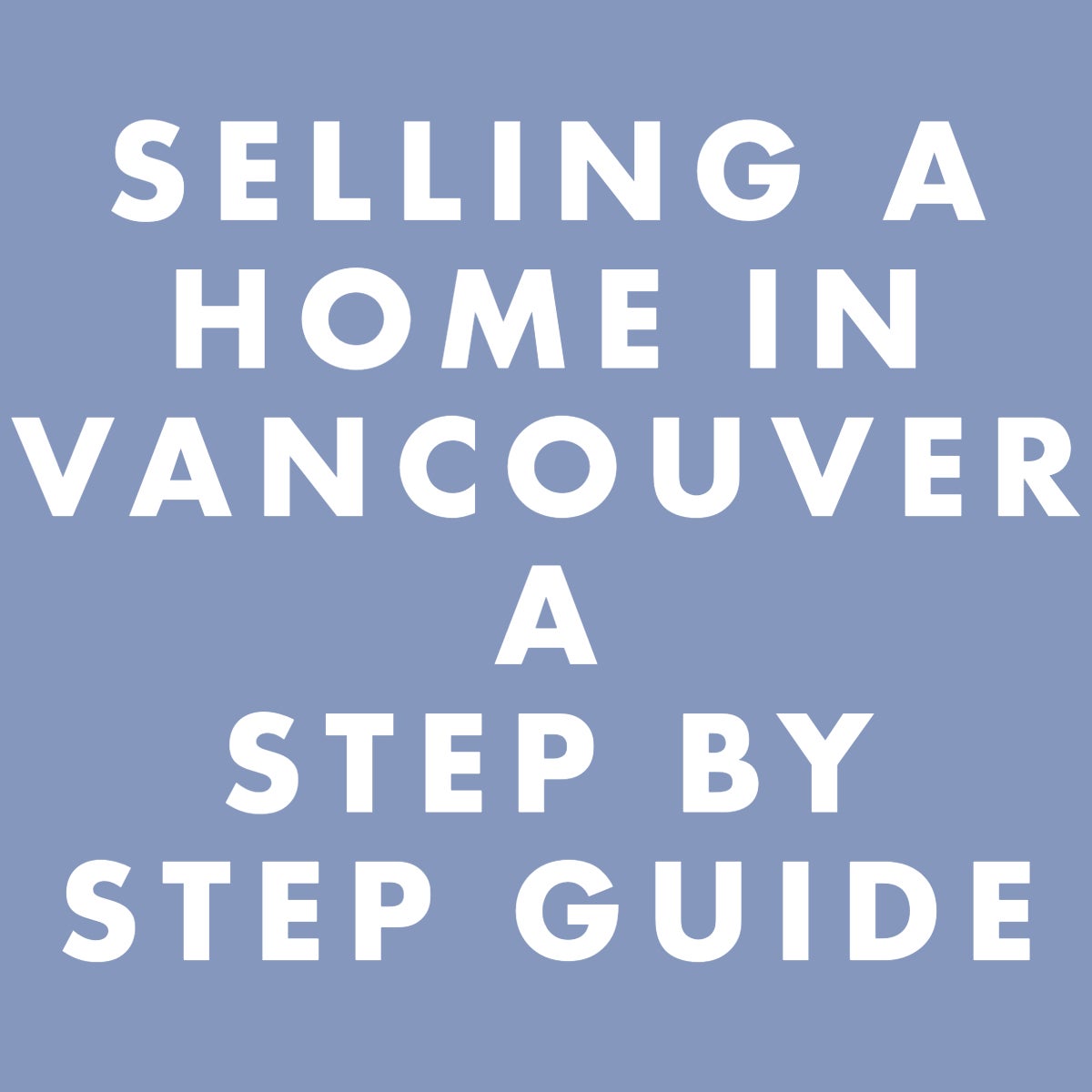Selling a home in Vancouver might seem overwhelming at first, but with the right plan and support, you can achieve a successful sale while minimizing stress. Here, I'll walk you through the key steps to make the process smoother and get the best value for your home.
Making the Decision to Sell
The decision to sell your home is a major one. It often comes with many emotions, especially if it's tied to a big life change like marriage, kids, separation, or downsizing. Make sure you work with a Vancouver real estate agent who understands your situation, is experienced in handling sensitive information, and puts your needs first. Keeping all personal details and information confidential is crucial, and your agent should prioritize your privacy at every step.Finding the Right Vancouver REALTOR®
There are plenty of real estate agents in Vancouver, but selecting the right one is crucial. Look for an agent who has experience in selling homes like yours, excellent client reviews, and a proven marketing strategy—like me! Your agent should guide you through each step of the process, helping you prepare and list your home to achieve the best outcome.Setting the Right Price for Your Home
Setting the right list price is essential. A knowledgeable Vancouver realtor can provide insights into the current market trends, comparable property sales, and pricing strategies. Whether you're selling a condo, a house, or a luxury penthouse, understanding the market conditions helps you make informed decisions about pricing. The right price will attract interest while ensuring you get the most value possible.Getting Your Home Ready to Sell
Getting your home ready is all about making it shine for potential buyers. Here are some tips for preparing your home:- Deep Cleaning: Clean every nook and cranny to make the best impression. Don't forget the bathroom vents!
- Decluttering: Keep spaces tidy to help buyers imagine themselves in the home.
- De-Personalizing: Remove personal items to make it easier for buyers to envision living there.
- Fixing Minor Issues: Repair things like loose handles, burnt-out lights, or any small items that need attention. Painting touch-ups with neutral colours can also help your home appeal to a broad audience.
- Staging: Arrange your home for photos and showings to highlight its best features.

